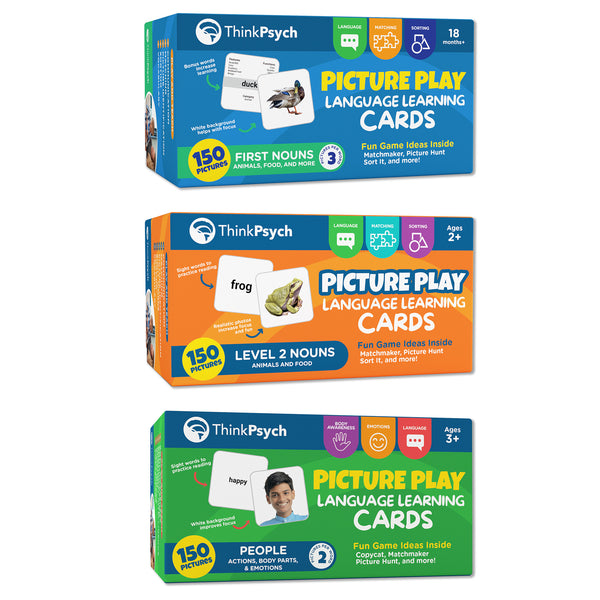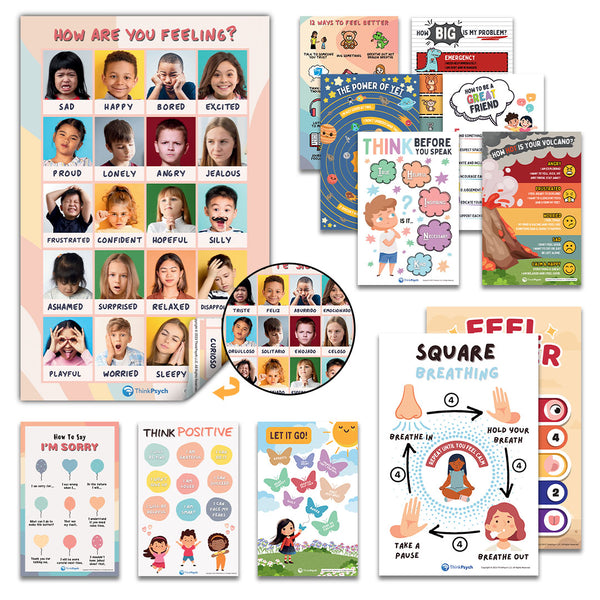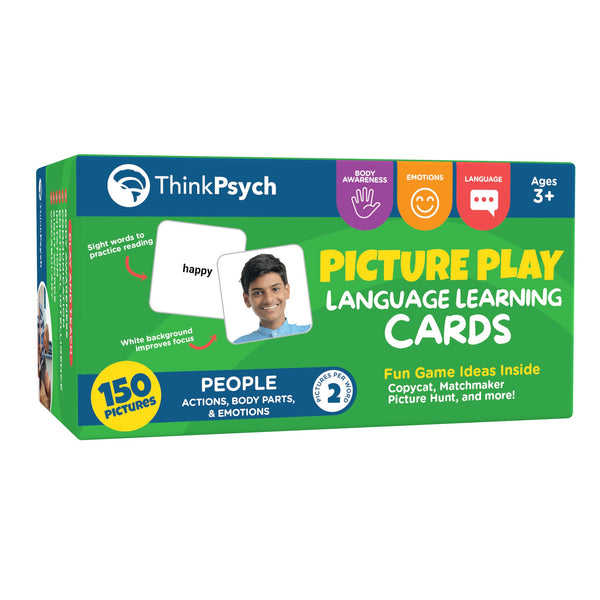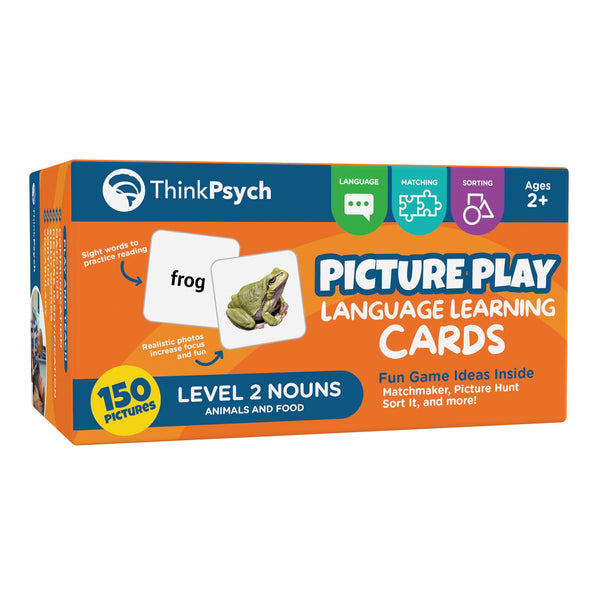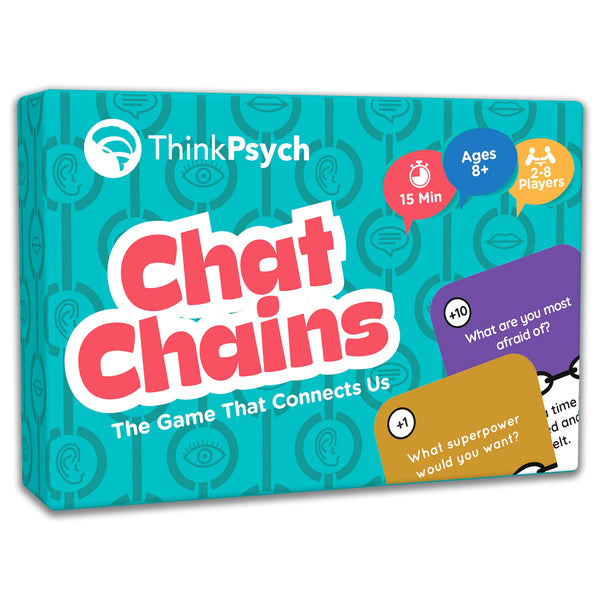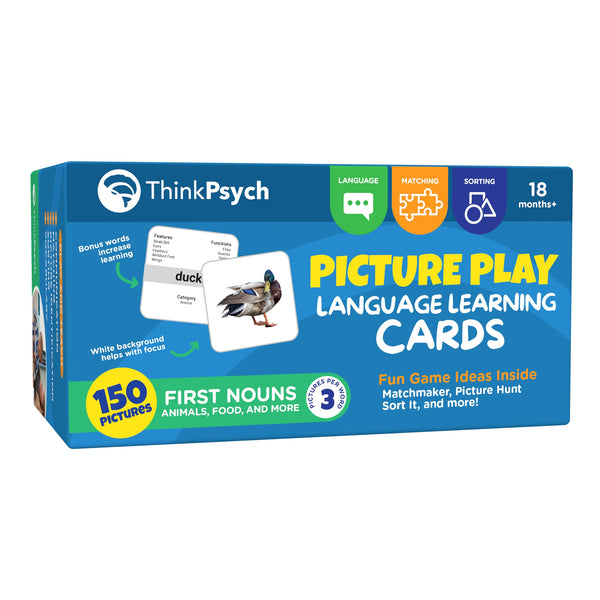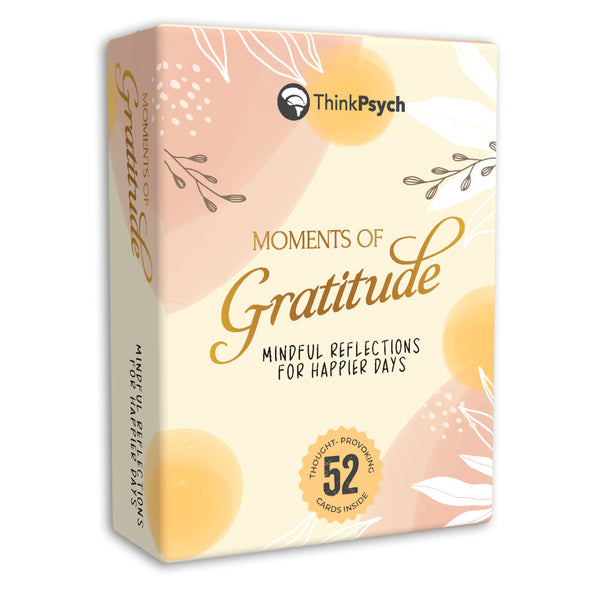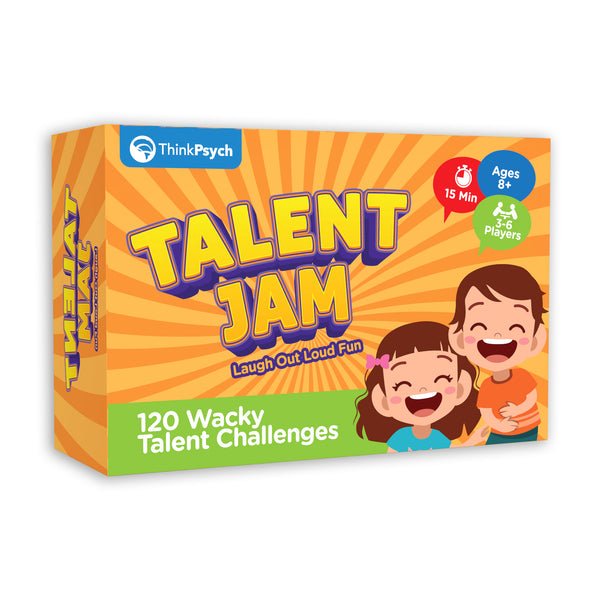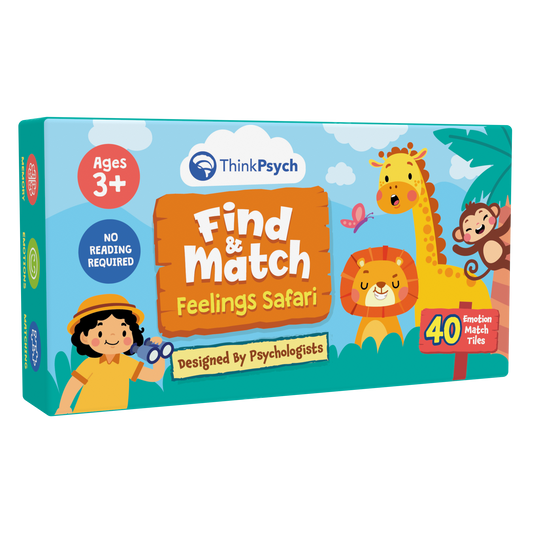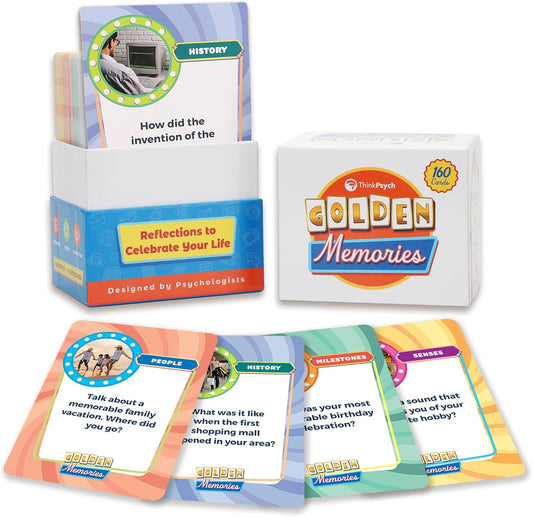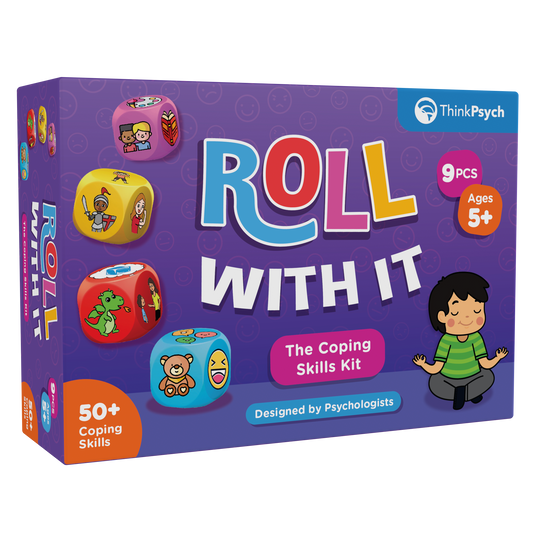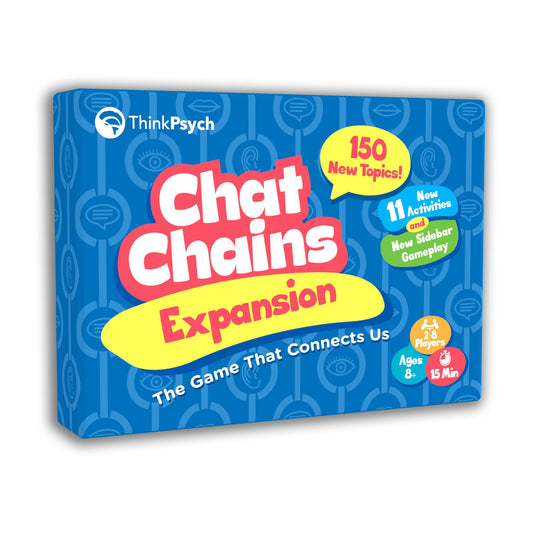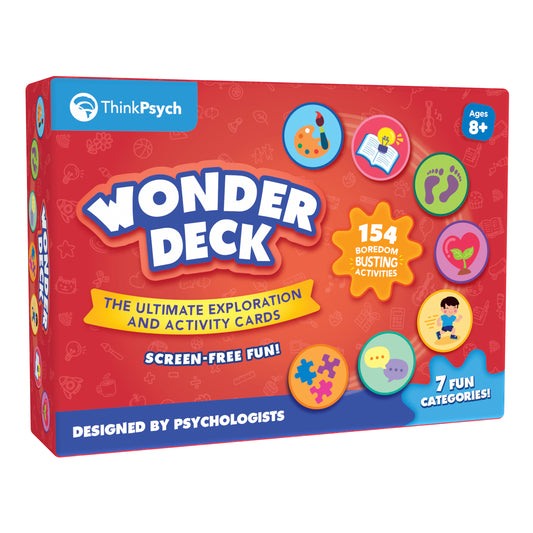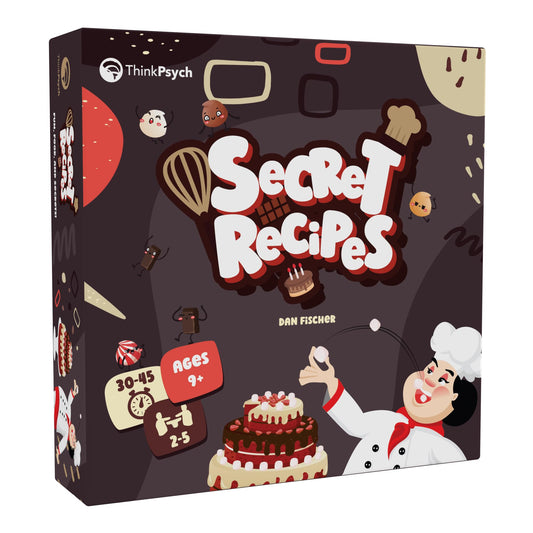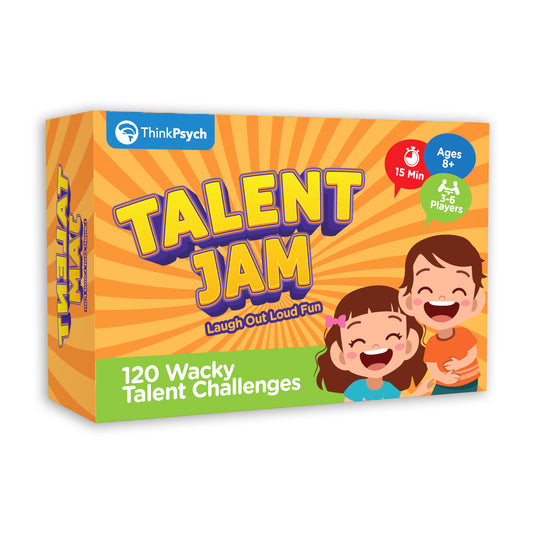
Group Therapy Games: Building Blocks For Emotional Intelligence
Share
Your child gets quiet when something's wrong, but they can't always explain why. Or maybe big feelings have taken over before they know how to handle them. You want to help, but it's not always clear how.
With group therapy, something shifts. In a shared space with others, kids can learn to identify emotions, both their own and those around them.
Emotional intelligence isn't built overnight. Kids build it slowly through practice, support, and connection. Group therapy games help create those moments and facilitate learning, making space for expression, listening, and self-awareness in a way that feels natural.
In this article, we'll share a selection of group therapy games that support emotional growth—tools that therapists, facilitators, and families can turn to and add to their routines.
Using Group Therapy Games to Boost Emotional Intelligence
After the COVID-19 pandemic, nearly half of parents (47%) said their child's social and emotional skills had declined. Many families are still feeling the effects.
Helping children build emotional awareness is immensely important, especially if they’ve grown up in uncertain times. UNICEF highlights that early child development, from birth to age eight, is a critical window in brain development.
During this period, children need proper nutrition, responsive care, and regular social interaction. These early experiences shape how they think, feel, and relate to others. One of the most natural ways children develop is through play.
Play offers more than just entertainment. It gives kids a safe way to try ideas, express feelings, and learn social cues. For children who need support, the right kind of play can be part of the support they need to thrive. That's why using games to boost emotional intelligence is so valuable.
Here's why group therapy games are a strong option for emotional growth:
-
They help children identify emotions in themselves and others
-
They encourage connection and cooperation in a supportive group
-
They offer structure, which helps kids feel safe and understood
-
They support communication and empathy, even for quieter children
-
They allow for play-based interventions that feel natural, not forced
Group therapy provides a setting where kids can explore their emotions together. When guided by a trusted adult, they can build confidence, practice social skills, and learn from each other. Games then turn those sessions into something fun and encouraging.
Group Therapy Games That Build Emotional Intelligence
Games are one of the most effective ways to help kids learn without it feeling like a lesson. Each one we've included here is designed to build emotional intelligence while keeping kids engaged and curious. To make it easier to get started, we've included how each game helps and simple instructions for playing.
Talent Jam
Best for: Confidence-building, self-expression, creativity
Ideal for both therapy and family game nights, Talent Jam keeps kids on their toes and will have them in stitches. It encourages kids and teens to express themselves in fun and silly ways. No special talent required.
How to Play:
-
Shuffle and deal the talent cards.
-
Players take turns showcasing random talents like drawing, singing, acting, or moving.
-
After each round, everyone votes for the funniest or most creative performance.
-
Keep going for as many rounds as you like. The real win is the laughter and confidence built along the way.
Go Fish: Faces and Feelings
Best for: Emotion recognition, empathy, non-verbal communication
Kids sometimes struggle to name what they're feeling. This game helps children identify and express emotions by acting them out, fostering empathy and understanding in a playful, low-pressure way.
How to Play:
-
Shuffle and deal 5 feelings cards to each player
-
Add the bonus cards to the remaining deck and reshuffle.
-
One player tries to make a pair by selecting one of their cards and acting out the feeling without speaking to ask if someone else has the card.
-
Other players guess the emotion being portrayed.
-
If you draw a bonus card, act out the scene shown on the card and see who can guess what is happening first!
-
Everyone gets multiple turns acting and guessing.
Dive In
Best for: Emotional awareness, communication, deeper conversations
From kids to grandparents, Dive In makes meaningful conversations interesting for everyone. With over 400 creative prompts and psychologist-designed questions, it keeps families engaged while building social and emotional understanding.
How to Play:
Shop ThinkPsych Products
-
Roll the dice to create a conversation topic.
-
Take turns sharing your answers.
-
Draw a Dive In card to go deeper. These cards contain more personal, reflective questions that spark self-awareness and thoughtful dialogue.
-
Use Level 1 prompts for younger players and Level 2 prompts for teens and adults ready for more introspective prompts.
Feelings Walk
Best for: Mindfulness, body awareness, emotional identification
For kids who carry big feelings in their bodies, this game helps them slow down and notice. It encourages reflection and gentle discussion in a simple, physical way.
How to Play:
-
Set up stations or spots labeled with different emotions.
-
As children walk around the space, they pause at each spot.
-
They can talk about a time they felt that emotion or act it out.
-
The goal is to connect emotional experiences to both movement and memory.
Chat Chains
Best for: Empathy, conversation skills, listening skills, following instructions
Specially designed for kids with autism, ADHD, or anxiety, Chat Chains makes social learning a blast. With adjustable difficulty levels, it's been used by thousands of therapists and recognized with multiple family and educational awards. The game encourages sharing, listening, and fostering emotional connections where the goal is to build a flowing, connected conversation.
How to Play:
-
Pick a topic card to begin.
-
One player starts the conversation.
-
Each person adds to the "chat chain" by responding directly to the previous statement.
-
Complete bonus activities to earn more points!
Secret Recipes
Best for: Strategic thinking, emotional regulation, flexible thinking
Secret Recipes blends enjoyment and strategy as players race to bake cakes while protecting their creations from recipe thieves. This fast-paced card game keeps players thinking on their feet and learning how to manage frustration and surprise.
How to Play:
-
On your turn, choose to ask for ingredients, dive into the pantry, or pick a new recipe.
-
Complete recipes by collecting the right ingredient cards.
-
Watch out! Other players can steal your cake by finishing your recipe first.
-
The game ends when someone reaches 12 cake points, or until the ingredient deck runs out.
The Power of Play on Emotional Development
Building emotional intelligence can be both enriching and fun. Group therapy games give kids a supportive space to explore emotions, build empathy, and strengthen their social skills.
At ThinkPsych, we believe learning should be enjoyable. Our educational tools are designed with care to help families, educators, and therapists raise emotionally healthy kids. With every game, our goal stays the same: to help kids live happier and better lives.
Take a look at our complete product offerings here.
References:
IFS. Almost half of children saw their social and emotional skills worsen during the pandemic – and economic turbulence played a role.
UNICEF. Early childhood development.
https://data.unicef.org/topic/early-childhood-development/overview/


